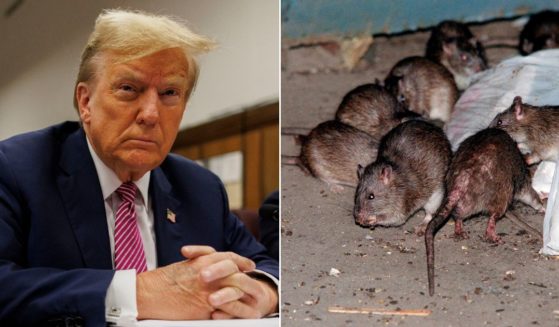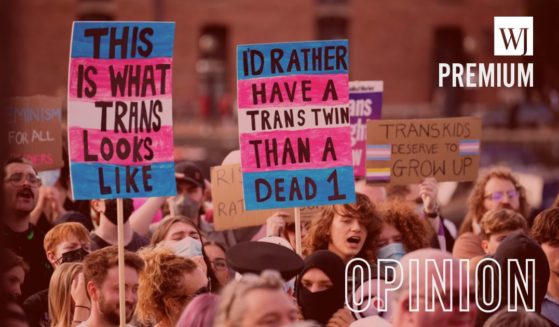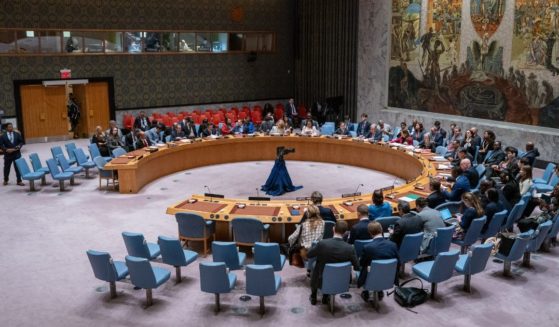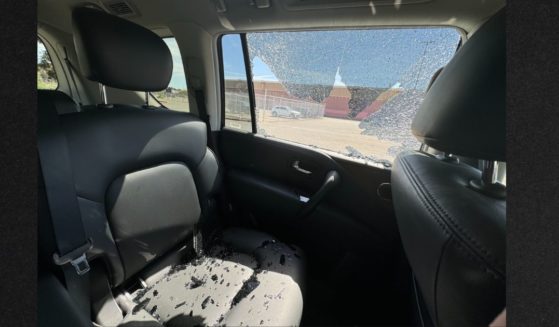Loophole in Federal COVID Bill Stops Wisconsin from Repealing Dem Governor's Mask Mandate
Wisconsin’s Republican-controlled Assembly on Thursday abruptly canceled a vote to repeal Democratic Gov. Tony Evers’ mask mandate out of concern it would jeopardize more than $49 million in federal aid.
Assembly Speaker Robin Vos said he still believed the Assembly would vote to repeal the mandate, but that lawmakers wanted to “pause and do our due diligence” to ensure no federal money would be lost.
Democratic Minority Leader Gordon Hintz praised the decision to cancel the vote.
“It’s a win for the public, a win for public health,” Hintz said.
News broke hours before the scheduled vote that repealing the governor’s order and undoing the mask mandate would also jeopardize federal food assistance.
The coronavirus aid bill passed by Congress last year gives states the federal money only if they have emergency health orders in effect, a memo from the nonpartisan Legislative Fiscal Bureau said.
This month alone, nearly 243,000 Wisconsin households received $49.3 million in federal assistance, the memo said.
The Senate on Thursday tried to fix the problem by passing a bill with a provision that would give the governor authority to issue emergency health orders only for the purpose of accessing the federal money.
But that was attached to a larger coronavirus bill that was at risk of an Evers veto because it contains provisions that would prohibit employers from mandating vaccines for workers and give legislators control over federal relief dollars.
Vos said he thought that bill would solve the problem, but wanted to make sure before scheduling the vote on a mask mandate repeal.
Asked if he thought the Assembly would still vote at some point to repeal the order, Vos said, “I believe we will.”
Wisconsin has had a statewide mask mandate in place since August. It is scheduled to run until March 20.
The mask resolution had been moving quickly through the Legislature. It was introduced last week, not subjected to a public hearing and passed by the Senate on Tuesday.
Republican lawmakers contend that Evers exceeded his authority by issuing multiple emergency declarations rather than asking the Legislature for approval every 60 days. That issue is also being argued before the Wisconsin Supreme Court.
Even if Wisconsin’s statewide order is repealed, Milwaukee and Dane counties — the state’s two most populous — and cities including Green Bay, Beloit, Racine, Superior and Whitewater have their own mask orders in place. Several rural counties have also enacted mask mandates.
The Legislature has fought Evers over his response to the pandemic from the beginning.
Republicans supported a lawsuit that resulted in the Wisconsin Supreme Court overturning Evers’ stay-at-home order in May. Conservatives also succeeded in blocking capacity limits Evers established for bars, restaurants and other establishments, a case that is now before the state’s highest court.
The Western Journal has reviewed this Associated Press story and may have altered it prior to publication to ensure that it meets our editorial standards.
Truth and Accuracy
We are committed to truth and accuracy in all of our journalism. Read our editorial standards.












